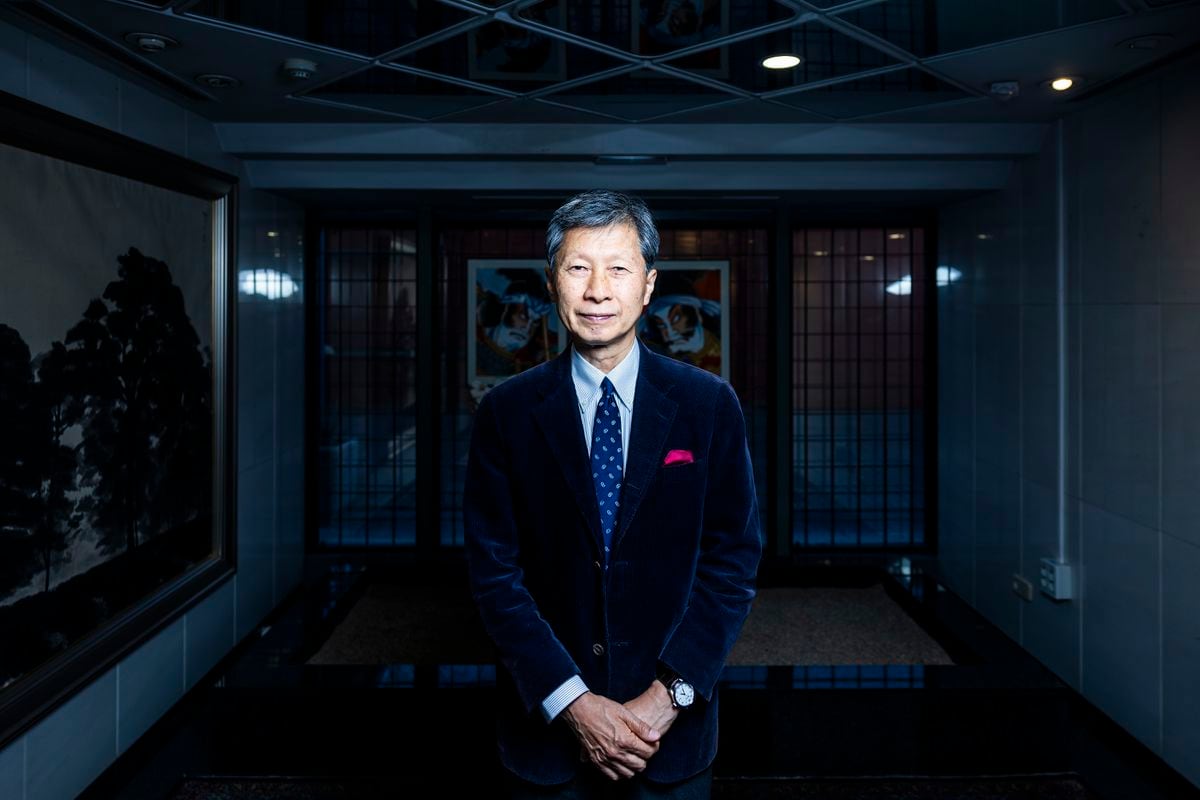Enlarge image
Heads of State Biden, Xi: Tensions increased
Photo: MANDEL NGAN;
ANTHONY WALLACE / AFP
Before the eagerly anticipated video summit between US President Joe Biden and China's President Xi Jinping, both sides issued warnings regarding the conflict with Taiwan.
In an interview with his Chinese counterpart Wang Yi, US Secretary of State Antony Blinken "expressed his concern about the continuing military, diplomatic and economic pressure exerted by the People's Republic of China on Taiwan," the State Department said on Saturday (local time).
Wang warned Washington against any action that might appear to support "Taiwan independence."
"Support Undermines Peace"
Blinken and Wang spoke on Friday in preparation for the video summit on Monday, according to the US State Department.
The US representative demanded that Beijing take part in a constructive dialogue in order to resolve the Taiwan question "peacefully and in a manner that is consistent with the wishes and interests of the people of Taiwan."
Wang warned the US against interfering in the conflict, according to a report published on Saturday in Beijing: "Any tolerance and support for the 'Taiwanese independence movement' undermines the peace on Formosa Street and would ultimately prove to be a boomerang," emphasized he.
Biden and Xi will hold their virtual summit on Monday. The video conference will, among other things, deal with the competition between the two countries, said Biden spokeswoman Jen Psaki on Friday. At the same time, opportunities for cooperation on topics of mutual interest should be discussed.
Tensions between the world's two largest economies had recently increased significantly, particularly with regard to Taiwan. For example, China has massively expanded the use of combat aircraft in the island's airspace in recent years. Chinese Air Force pilots flew ten such missions in 2019, 380 in 2020 and 600 by mid-October 2021. On October 3, two days after an incident involving 38 Chinese fighter jets, warships from the USA, Japan, Great Britain, Canada, the Netherlands and New Zealand starting a sea maneuver near Okinawa. The next day, Beijing sent more fighter jets.
Of the many points of conflict between the US and China, Taiwan is the most dangerous.
Since the election victory of President Tsai Ing-wen, who is critical of Beijing, in 2016, China has been putting the democratic island republic under pressure.
In ever increasing succession, the People's Liberation Army is holding military maneuvers to intimidate Taipei.
Taiwan's Defense Minister Chiu Kuo-cheng said in the parliament in Taipei at the end of September that the situation "in more than 40 years of my military life" has not been as serious as it is today.
Washington, like most countries in the world, does not recognize Taiwan diplomatically, but has stood by its side militarily for decades.
Some US experts advise abandoning the "strategic ambiguity" and offering Taipei an official alliance of protection.
Others propose arming the island "to the teeth" and still others warn that a war over Taiwan must be prevented "at all costs."
Massive armament
In early August, Washington approved an armaments deal for howitzers and ammunition valued at $ 750 million.
At the beginning of October it became known that US special forces were already on the island to train Taiwanese soldiers.
The US government is urging Taiwan to further expand its arms budget and arm itself against China in the same way as China arm itself against the United States: with a so-called porcupine strategy, which makes an attack so costly for the enemy that he does without it.
The government in Beijing sees the island as a breakaway province, which, if necessary, should be reunited with the mainland by military force.
The United States recently protested behind the government in Taipei.
There had also been arguments between Beijing and Washington over the past few years on trade issues, because of the human rights situation in China and how Hong Kong was dealt with.
Biden sees the economically and militarily emerging China as the greatest geopolitical challenge of the 21st century and wants to resolutely oppose the government in Beijing.
At the same time, he seeks cooperation on topics such as climate protection.
mik / AFP






/cloudfront-eu-central-1.images.arcpublishing.com/prisa/FIJVMOBHZRWVDBKS3NAQ2M4JRE.jpg)
